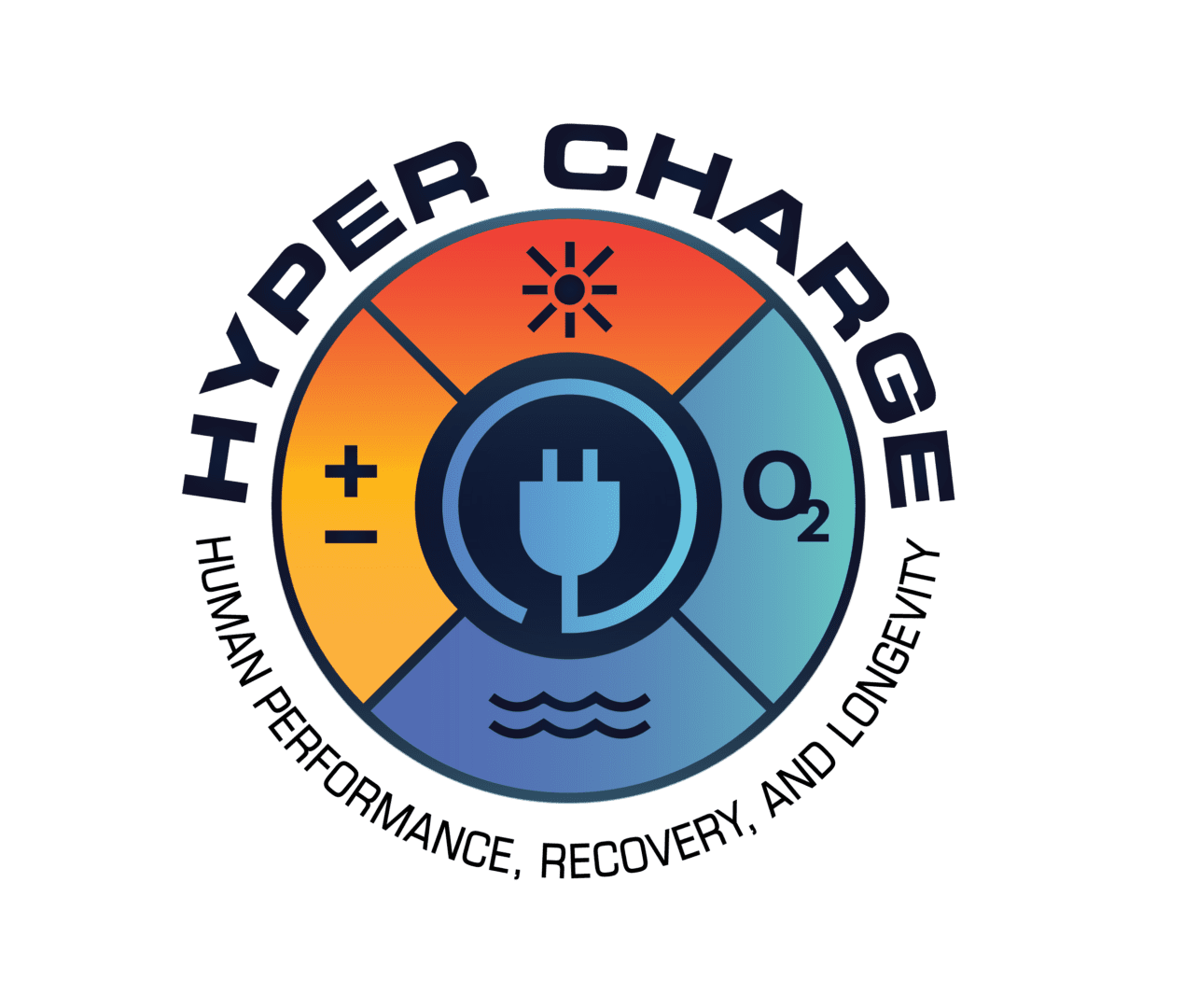Mitochondria are the powerhouse of our cells. More specifically, mitochondria are specialized structures inside your cells that extract energy that is stored in chemical bonds of nutrients and transform it into a form of energy that can power cellular activity. This form of energy is known as adenosine triphosphate, or ATP, and your mitochondria generate about 90 percent of the ATP produced in your body.
When your mitochondria are working as they should, they are fueling your cells and your body with energy, but if they aren’t working optimally or are damaged, it can lead to issues like fatigue, brain fog and impaired cognitive function. In fact, mitochondrial dysfunction is a common side effect of the natural aging process, but that doesn’t mean you just have to accept it. You can fight back against mitochondrial dysfunction and work to provide an ideal environment for your mitochondria to thrive, which will help you feel energized, alert and focused. Below, we take a closer look at some simple ways to improve mitochondrial function.
How To Improve Mitochondrial Function
Here’s a look at some simple things you can do to fight back against mitochondria dysfunction so that your cells can perform processes efficiently.
- Exercise – Exercise forces our mitochondria into action. Muscle mitochondria send an energetic demand to the rest of the cell, and the muscle cells respond by producing more mitochondria and mitochondrial enzymes. This increases the muscle mitochondrias’ ability to produce ATP. This is also why exercise tends to become easier when you stick with it and develop a regular routine, because your body gets better at mitochondria and ATP production due to these regular energy demands.
- Calorie Restriction – We don’t want you to starve yourself, but smart calorie restriction acts as a stress signal at the cellular level, forcing mitochondria into action. Calorie restriction can improve the activity of the electron transport chain and regulate the production of oxidative stress. This also helps regulate the process by which mitochondria work to repair themselves and prevent further damage.
- Improved Sleep – Sleep is an incredibly important restorative process for your body, including your mitochondria. Quality sleep helps your body get rid of metabolic waste and other toxins that can be detrimental to mitochondria function. Make it a point to improve your sleep schedule, and you may feel more energized and focused because this sleep helped improve mitochondria function.
- Vitamin D – Vitamin D is incredibly important for your health and the health of your mitochondria. Optimal levels of Vitamin D help to support normal mitochondria function and repair processes, so whether you get your daily Vitamin D from sunlight exposure, your diet or supplements, make sure that you hit the recommended daily intake on a regular basis.
- HyperCharge Therapy – Finally, boosting mitochondria function and restoring your body’s own repair process is our specialty at HyperCharge Clinic. Whether we achieve that through Red Light Therapy, Exercise With Oxygen Therapy, Pulsed Electromagnetic Field Therapy or Class IV Laser Therapy, we know that we can find the right mitochondrial boosting technique for your unique needs. We’d be happy to go over all our different treatment options in greater detail during your initial visit to HyperCharge Clinic.
Improve your mitochondrial function so that you can fight back against some of the annoying parts of the aging process. For more information, or to schedule your first session, reach out to the team at HyperCharge Clinic today at (763) 717-8745.
